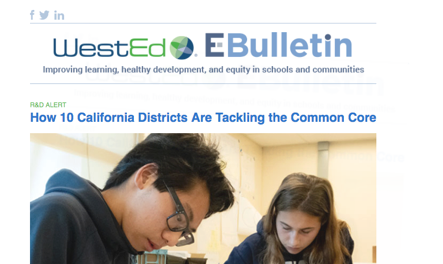Overview > Our Approach
Promoting Equitable Conditions for Learning and Development
For equitable well-being of young people, their families, and their communities, we follow these guiding principles:

Our Seven Guiding Principles
- Listen first and trust child- and youth-serving professionals, young people, and families. The work should draw from community wisdom and experience.
- In planning, decision-making, and communication, we include the strengths and aspirations—not just the needs—of those closest to our missions.
- Embrace the values, histories, and relationships in communities.
- Co-design, co-implement, co-lead, and co-govern initiatives with young people, families, and communities.
- Through inquiry and reflection, illuminate and disrupt the implicit (and explicit) biases that those in positions of power may hold.
- Through data collection and analysis, illuminate and disrupt organizational and structural inequities found in the policies and practices of schools, other learning environments, and communities.
- Create opportunities for young people to step into their power to be a part of co-determining and co-creating their paths and that of their families and communities.

Conditions for Learning and Development
Personal, Learning Environment, Systemic
Drawing from an ecological model of development, we organize our technical assistance into three categories of conditions for learning and development:
Personal: Ensuring health and well-being for individuals in schools and learning communities—for students and for the adults who care for them. These conditions include social and emotional health and well-being, mental/behavioral health, and physical and cognitive development.
Learning Environment: Supporting safe, responsive, and equitable environments. We include trauma-informed and resilience-informed practices, restorative practices, school safety, and school climate and culture within this domain. The work in this area includes families, whose partnership in serving the whole person is essential to the sustainability of the work.
Systemic: Informing and considering how schools and school systems collaborate with other child- and youth-serving systems. This includes community partners from various disciplines, including health, mental health, youth development, child welfare, and anti-poverty work. Working in partnership with young people, their families, and their communities ensures that well-being efforts are relevant, sustainable, and meaningful for communities.


